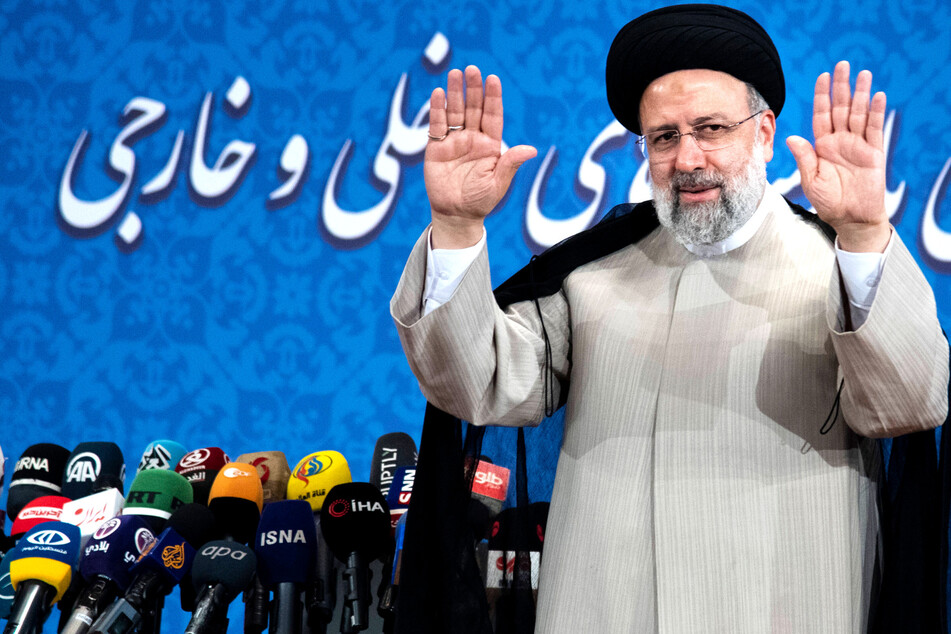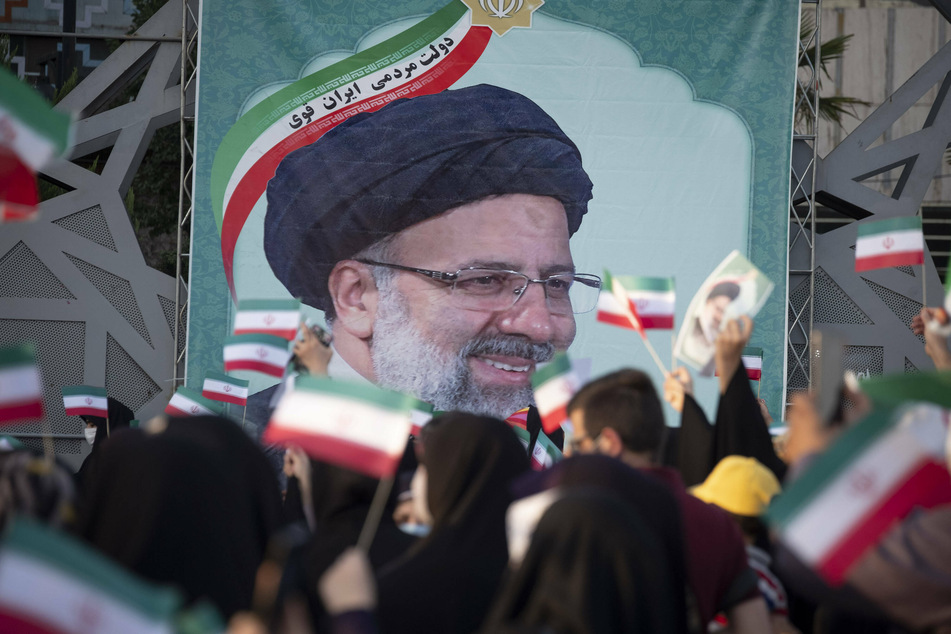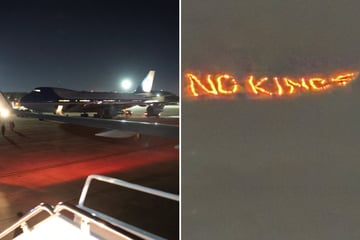Iran's new hardline president rules out meeting Biden
Tehran, Iran – Iranian president-elect Ebrahim Raisi has declined any meeting with US President Joe Biden so long as US sanctions remain in place, and also spoke out against a full renegotiation of the 2015 nuclear deal that prompted some of those sanctions.

During his first press conference after his recent election win, Raisi said he could not imagine meeting Biden, saying the US president had ignored the 2015 nuclear deal by supporting "inhuman sanctions" against the Iranian population.
"Biden has to lift the sanctions first to make the United States look credible again in Iran," Raisi said.
But White House spokesperson Jen Psaki pointed out on Monday that the US had no diplomatic relations with Iran and there were no plans for top-level meetings, so it was unclear whether anything had changed at all.
Psaki said with regard to the future of the nuclear agreement, from the US perspective, the decision in this area lies with Iran's Supreme Leader Ayatollah Ali Khamenei.
Raisi won Friday's presidential elections with 60% of the vote. He was the top candidate of the hardliners' camp. The 60-year-old also spoke out against the complete renegotiation of the 2015 Vienna nuclear deal.
"The Americans have not honored an agreement they signed. Now they are asking us to renegotiate it as well," Raisi said, calling this impossible.
Raisi said Iran was pursuing a peaceful and civilian nuclear program and had never violated the Nuclear Non-Proliferation Treaty, making it unacceptable that the Americans and Europeans were not abiding by the agreement, he said.
The deal, designed to prevent Iran from building a nuclear bomb, was left in tatters when former US president Donald Trump pulled Washington out in 2018.
Talks to revive the accord – which could see sanctions lifted in return for Iran curbing its nuclear program – have been under way in Vienna for months.
Raisi also spoke on Middle East policy

Raisi also said that Iran would not change its Middle East policy.
Israel must respect the rights of the Palestinians and agree to a referendum on the future of the occupied territories, he said.
In Yemen, Tehran wants to see an immediate end to the civil war, he said, and opposes political or military interference by foreign powers.
Raisi said he was prepared to normalize relations with Saudi Arabia.
He repudiated accusations that he had been responsible for the deaths of thousands of Iranians as prosecutor general. "I have always defended human rights in my career," he said.
Raisi is on the sanctions list of the US due to human rights violations.
After most competitive candidates were weeded out by the electoral body, Raisi stood practically unopposed for election.
Participation was at a record low at below 50%, which observers saw as a move to boycott the election in protest.
Raisi, an arch-conservative cleric who is close to Khamenei, is set to be inaugurated in August.
Cover photo: IMAGO / Pacific Press Agency

